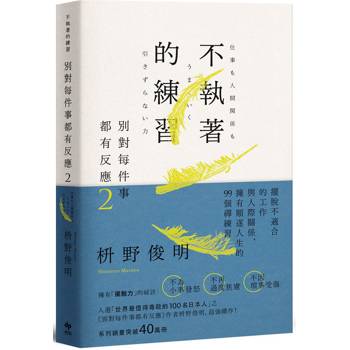Low-carbon transition is a shift from an economy that depends heavily on fossil fuels to a sustainable, low-carbon energy economy. This book analyzes the role of renewables in driving the low-carbon transition in agriculture, explores the circular bio-based economy, and examines policies and strategies designed to facilitate low-carbon transition in agriculture, greenhouse gas mitigation, and adaptation trends in the European Union agriculture sector. It provides new knowledge and understanding about the impact of low-carbon energy transition, emphasizes the key role of renewable energy in a wide range of agricultural activities, and offers alternative sustainable solutions to current practices.
Features
- Discusses a novel approach on low-carbon transition that is not considered by the majority of studies
- Emphasizes the urgent need to minimize the carbon and environmental footprint of the EU agriculture and food system through low-carbon energy transition
- Provides theoretical background of sustainable agriculture and explains the decarbonization path of agriculture.
- Investigates the role of renewables, new technologies, business models, and practices in agriculture while assessing their socioeconomic and environmental effects.
- Presents a case study on the applications of low-carbon transition policies in selected EU member states and analyses in details various implications.
This book is suitable for senior undergraduate and graduate students, professionals in agriculture, researchers, and policy makers interested in sustainable agriculture and renewable energy usage and their economics.









